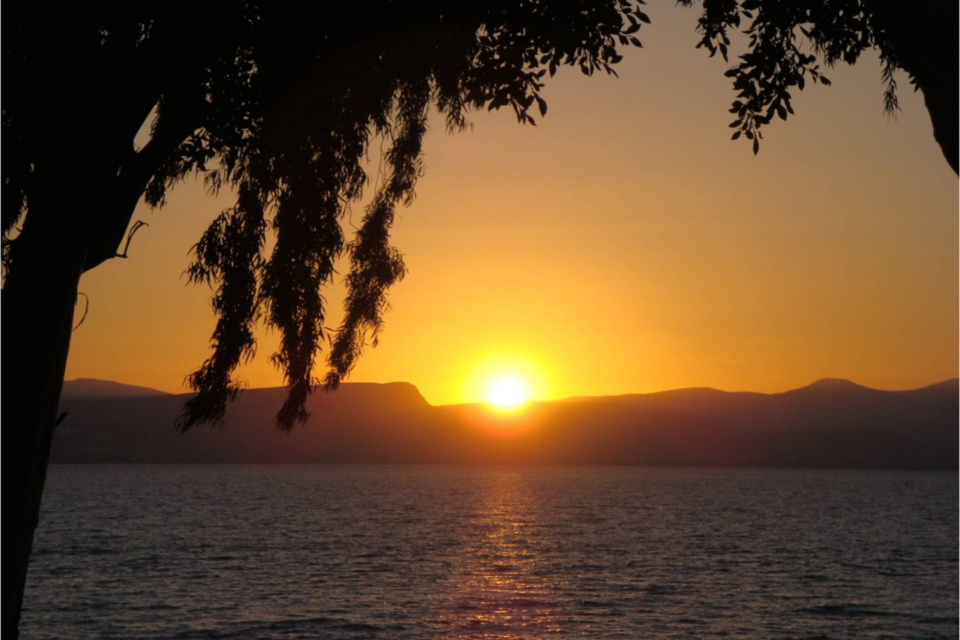In this op-ed, retired pastor Glenn Wagner shares lessons learned from his visits to the Middle East, observations on the current conflict, and thoughts on possible solutions.
GLENN M. WAGNER
Retired Pastor, Michigan Conference
Current events in the Middle East remain headline news and are personally important to many Michiganders. Nearly 500,000 Arab Americans live in Michigan, with over 241,000 Michigan residents identifying as Muslim. According to the Detroit Free Press, there are 140 mosques in Michigan. Al Jadid, an Arab online periodical from California, published an article heralding Detroit as “The Arab Capital of North America.” It is also important to note almost 120,000 Michigan residents identify as Jewish. An online directory lists 19 Jewish temples and synagogues in Michigan.
The Middle East is the birthplace of important world religions, including Judaism, Christianity, and Islam. These three religions, followed by 55% of the world’s population (31% Christian, 24% Islam, and .2% Jewish), share a core belief in one God and a historical lineage back to Abraham. These same religions, responsible for so much good in our world, have also been at the center of great conflict for centuries.
This most recent period of intense international focus on Israel and its continuing conflict with Palestinians in Gaza was sparked by an attack initiated by the Palestinian group Hamas on October 7, 2023, that resulted in 1,139 Israeli casualties and around 250 civilians taken hostage. That attack on Israel spurred a continuing Israeli military response that has proved deadly. As of July 17, 2024, more than 38,000 people have been killed in the war and tens of thousands wounded.
Personal Lessons from Middle Eastern People I Have Met
The people I have been privileged to meet during my multiple visits to the region have impacted me more than the history and conflict. Arab, Jew, Christian, Muslim, immigrant, refugee — many share a strong belief in one God and live faithfully. They value prayer, sabbath, concern for the poor, and keeping the Ten Commandments. They are people who have taught me life-changing lessons in hospitality. They are generous and hard-working.
There is no doubt that Israel and Palestine are blessed by the labor, ingenuity, and talents of their people. Persons whose lives were devastated during the Nazi holocaust in Europe have found new life in Israel. Israel’s economy is strong in technology, manufacturing, and diamond cutting. Israel’s gross domestic product is expected to reach over $600 billion annually by 2026. Before the coronavirus pandemic and the recent conflict in Gaza, almost 5 million tourists visited Israel in 2019. The United States is Israel’s largest trading partner.
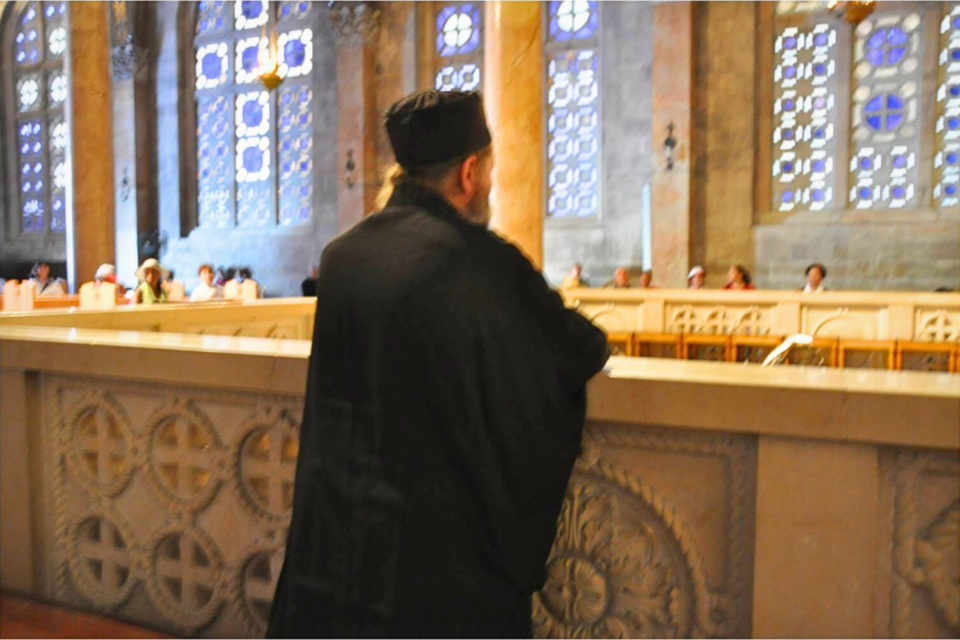
Both Israelis and Palestinians are passionate defenders of their respective sides in the conflict. They are steeped in cultures that still teach and practice strict adherence to an eye for an eye and tooth for a tooth system of justice. Forgiveness is in short supply. Memories of past wrongs are passed from one generation to the next. Politicians who stoke anger and promise strong measures against opponents gather popular support.
As it is here in America, respective views are regularly shaped by the preferred news source. Pro-Jewish and supportive Western sources offer headlines condemning deadly attacks by “terrorist” organizations against Israel and praising retaliatory responses. Islamic news teams covering the same story praise the heroic “freedom fighters” and remember the plight of 6 million Palestinians who continue to live as refugees with their continuing grievances.
When I broke my leg in Israel in 2001, I was cared for by skilled and compassionate Jewish doctors and medical staff. I was assisted in my early recovery by Arab friends. I was helped on my flights back to America by a parishioner who was in Israel on business selling defense armaments to the Israeli government manufactured in Michigan. Seeking peace in the Middle East is complicated. Decisions affecting outcomes have international ripple effects of consequence.
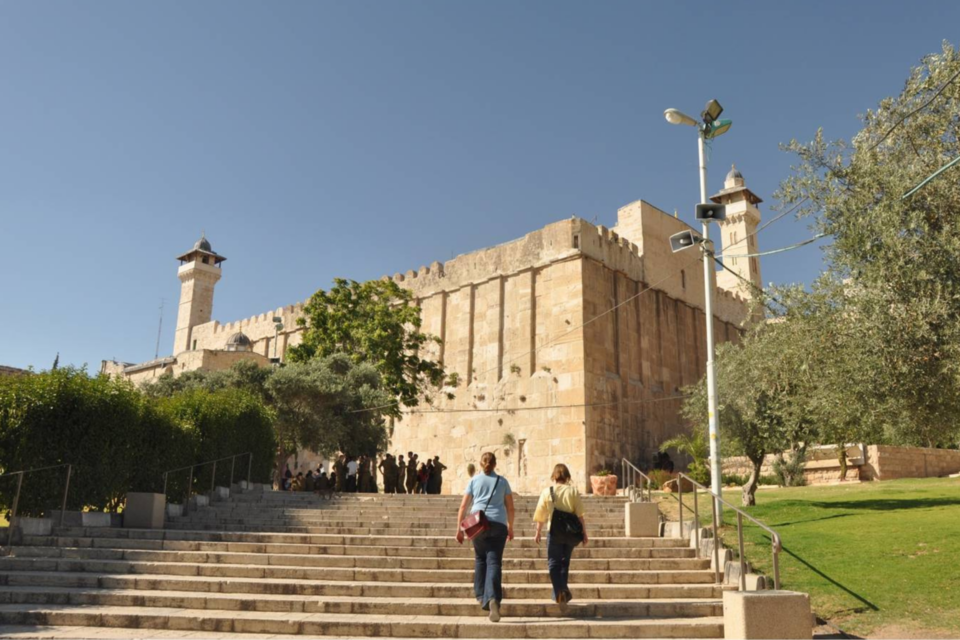
In 1973, I had the privilege of accompanying a medical team from the American University Hospital in Beirut that traveled to a Palestinian refugee camp in southern Lebanon to inoculate refugees against preventable disease. During that visit, I met a young Palestinian refugee who shared his story with our group. His grandparents were forced to flee their home in Bethlehem in 1948 during the conflict that broke out when Israel was first established. Though this grandson and his parents had lived in this refugee camp and had never returned to Bethlehem, the grandson, when asked where his home was, proceeded to describe his grandparents’ former Bethlehem home as his own with exacting detail.
Observations on the Conflict and Thoughts about Solutions
It is clear to me that an uncomfortable status quo exists in the region that perpetuates the conflict. I noticed during my most recent visit to Israel that public signage in many places offers helpful directions in English and Hebrew but not in Arabic. Massive security barriers, reminiscent of the Berlin Wall, divide Israel from the West Bank and Gaza. These barricades offer increased security for Israelis from acts of hostility but have not eliminated violence and do nothing to foster trust and goodwill. These security barriers between Israel and Palestine make the process of visiting sacred sites on both sides of those barriers more cumbersome for tourists and costly for residents. For example, the biblical sites of Bethlehem, Bethany, Hebron, and Jericho are on the Palestinian side of the barrier, even though they are an easy drive from Jerusalem. Many tour groups avoid the hassle, and Palestinians are thus denied the economic benefit of their visits.
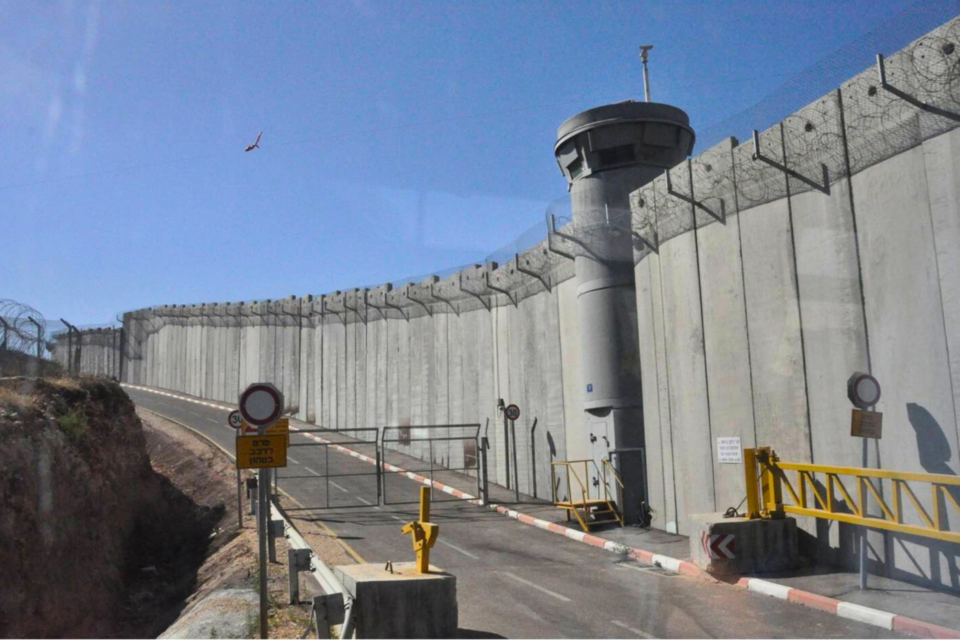
Palestinian refugees denied citizenship in the land of their heritage or opportunities to begin a new life in a place they can call home are not likely to move beyond grievance. Competition for resources in Israel/Palestine, such as land, water, and security, is constant. A homeland designed with policies favoring Jewish inhabitants furthers resentment in Palestinians, who are often treated as second-class citizens. Israeli support for illegal Jewish settlements in the West Bank and East Jerusalem further stokes dissent. Israeli resistance to full statehood and international recognition of Palestine’s national sovereignty and independence is also a hindrance to peace. The unwillingness of pro-Palestinian groups like Hamas, Hezbollah, and other Arab states to accept Israel’s right to exist is a major barrier to peace. Regulations in Israel make it easier to immigrate if you are Jewish and are more restrictive for Palestinians.
As of May 2024, the United Nations estimates that 58.4% of the Palestinian population now lives in poverty, an increase of 1.74 million people since the beginning of the most recent conflict last year. A key ingredient to any lasting peace must address economic well-being and security for both resident and refugee Palestinians.
When the current conflict ends, large parts of Gaza will need to be rebuilt, which will require massive infusions of foreign aid.
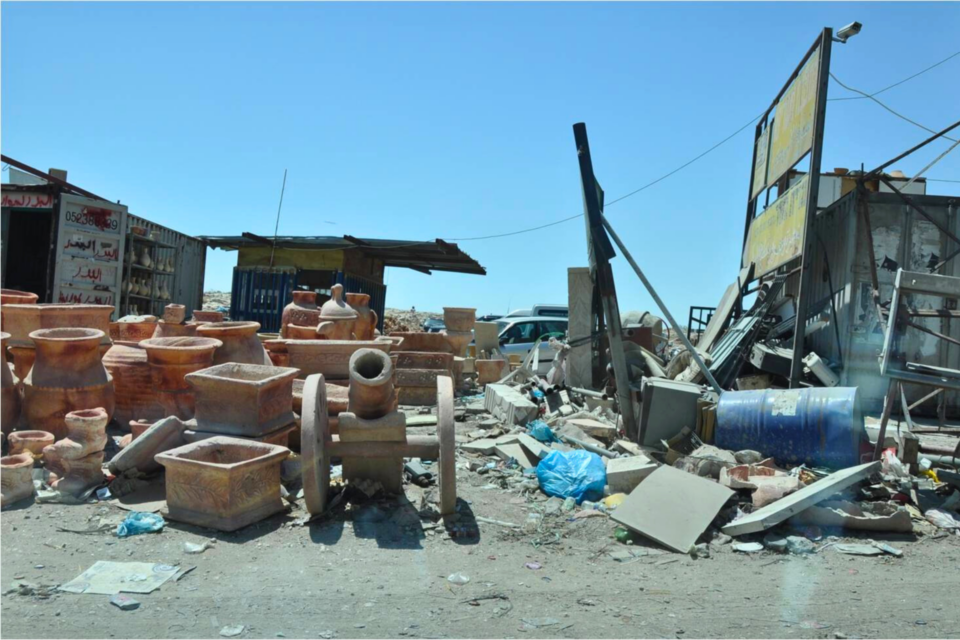
I am grateful for the privilege of visiting many of the nations of the Middle East. The region’s rich history and personal lessons I’ve learned from its people are essential to my faith in Jesus. Because of Christ, I pray for peace.
In my opinion, peace may come when:
-
- Hamas releases all hostages.
- Warring parties acknowledge rights for nationhood, citizenship, and security for their current enemies.
- More money is invested in resettling and providing new opportunities for the dispossessed than is spent on militaries and weapons used for enforcing separation and exacting destruction.
- Combatants learn how forgiveness can be a greater gift than grievance without end.
- Godly people of the region’s three major monotheistic religions learn to affirm similarities in practice and belief, find ways to work together for mutual benefit, and put an end to warring over differences.
- Walls of separation are replaced with relationships of trust.
- Courageous leaders commit to resolving disputes rather than avenging wrongs.
Ways We Can Help from Michigan
In the meantime, emergency help is needed. The United Methodist Church, through the General Board of Global Ministries, is engaged with other faith communities and international organizations to assist those in need in the Middle East.
To learn more, read this recent news article from June 10, 2024, which provides helpful updates and a way to support these efforts financially.
Locally, Michigan United Methodists have spoken out about the humanitarian crisis in Israel and Gaza and the end of the war there, and you and your local church can get involved. At the 2024 Michigan Annual Conference, members passed R#2024-6, “A Call for Peace with Justice in the Middle East.” This resolution urged Michigan United Methodists “to take steps in their own communities to build peaceful relationships with and deeper understanding of their Jewish and Muslim neighbors.” Practical examples were provided. Click here to download this resolution.
Also, the Michigan Conference, under the Division of Church and Society, has launched a Conference Task Force Promoting Justice in the Middle East. They have Zoom meetings on the first and third Tuesdays of each month. To join, contact chairperson Randie Clawson at randie.clawson@gmail.com for the link.
Last Updated on August 12, 2024

